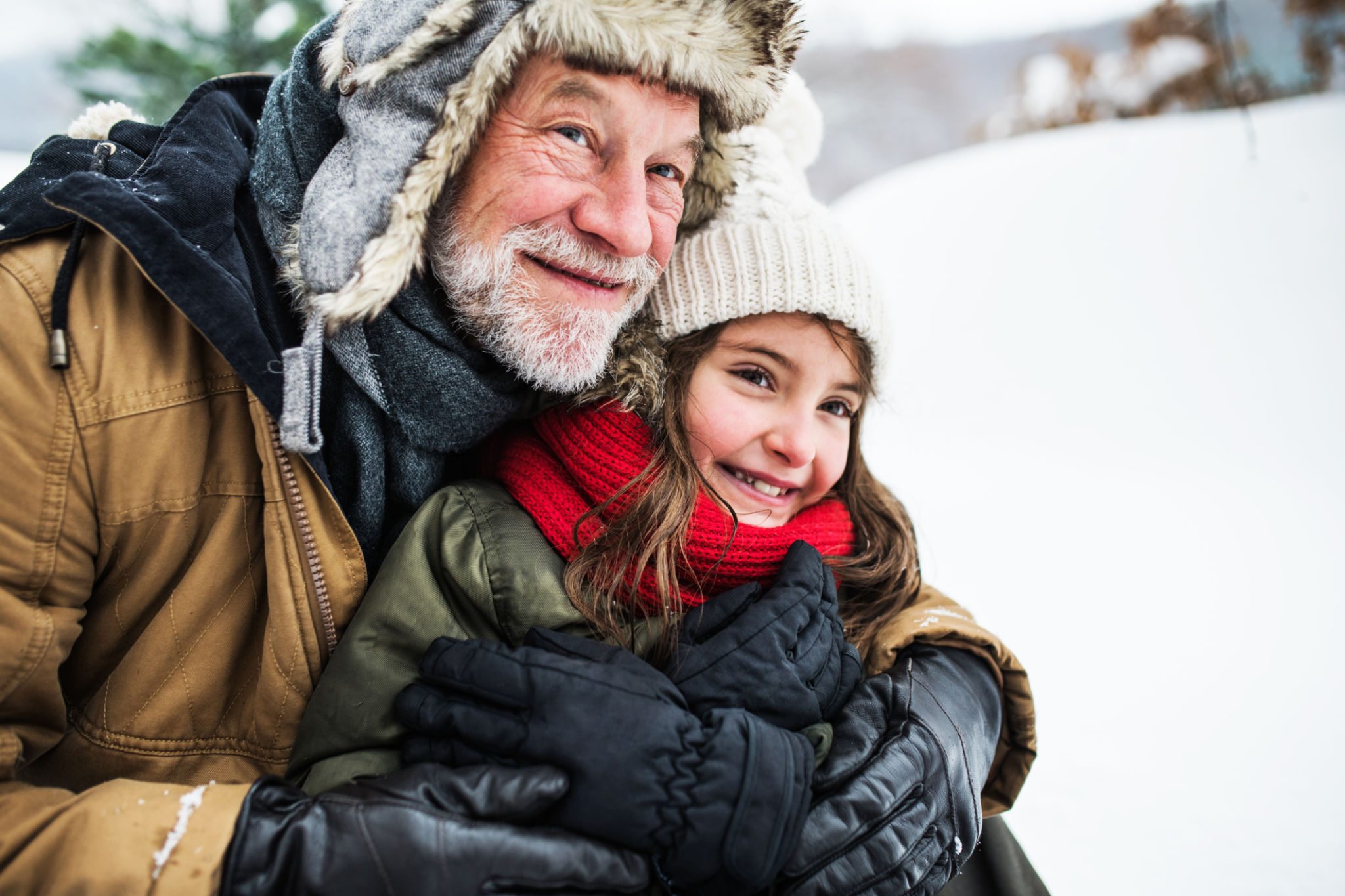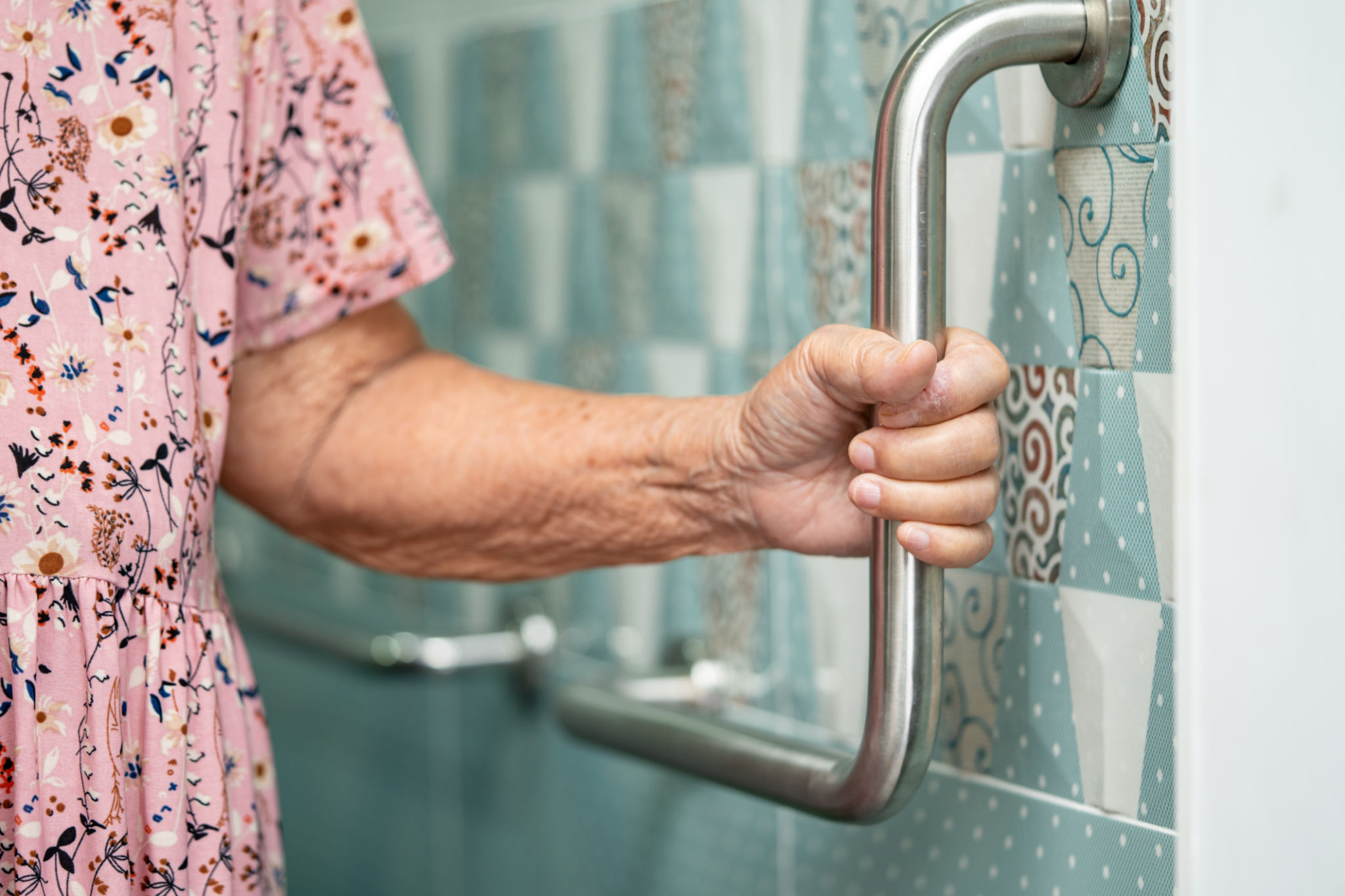How to Prepare Your Home for Winter: Essential Healthcare Tips for the Elderly
Understanding the Importance of Winter Preparation
As temperatures begin to drop, ensuring that your home is prepared for winter becomes crucial, especially for the elderly. Cold weather can pose unique challenges and health risks, making it essential to take proactive steps in safeguarding both comfort and well-being. From maintaining warmth to preventing falls, a little preparation can go a long way in ensuring a safe winter season.
Older adults are more susceptible to cold-related illnesses, such as hypothermia, due to factors like decreased body fat and slower circulation. Therefore, it is vital to focus on creating a warm and safe environment. This includes everything from adjusting the thermostat to ensuring proper insulation throughout the house.

Heating Systems and Insulation
One of the first steps in preparing your home for winter is to ensure that your heating system is functioning efficiently. Schedule a professional inspection to check for any issues, such as leaks or malfunctions, that could impact performance. Additionally, consider installing a programmable thermostat to maintain a consistent and comfortable temperature without wasting energy.
Proper insulation is another critical factor in keeping the cold at bay. Check for drafts around windows and doors and seal any gaps with weather stripping or caulk. Adding extra insulation in the attic and walls can also help maintain warmth and reduce heating costs.
Creating a Safe Indoor Environment
Safety inside the home is paramount, especially during winter when the risk of falls increases. Ensure that all walkways are clear and well-lit to prevent accidents. Use non-slip rugs and mats in areas prone to moisture, such as the bathroom and kitchen.

Consider installing grab bars in strategic locations, like near the toilet and shower, to provide extra support. Additionally, keep essential items within easy reach to reduce the need for unnecessary movement or stretching, which can lead to falls.
Ensuring Access to Essentials
Winter storms can sometimes lead to power outages or blocked roads, making it important to have a plan in place. Stock up on essentials like non-perishable food, bottled water, and medications. Keep a flashlight with extra batteries handy, as well as a battery-operated radio to stay informed about weather conditions.

It's also wise to have a list of emergency contacts readily available, including neighbors, family members, and healthcare providers. This ensures that help is just a phone call away if needed.
Regular Health Check-Ups
Maintaining regular health check-ups during winter is crucial for the elderly. Schedule routine visits with healthcare providers to monitor chronic conditions and adjust medications if necessary. This proactive approach can prevent complications that might arise due to cold weather.
Encourage elderly loved ones to stay active indoors with exercises that suit their physical abilities, such as stretching or light yoga. Staying active promotes circulation and helps maintain overall health during the winter months.
Conclusion: Proactive Care for Peace of Mind
Preparing your home for winter involves more than just physical adjustments; it's about ensuring peace of mind for you and your elderly loved ones. By taking these essential healthcare steps, you are not only creating a warm and safe environment but also fostering independence and confidence throughout the season.
Adequate preparation ensures that the elderly can enjoy the beauty of winter without compromising their health or safety. Remember, a little effort now can make all the difference once the cold truly sets in.
